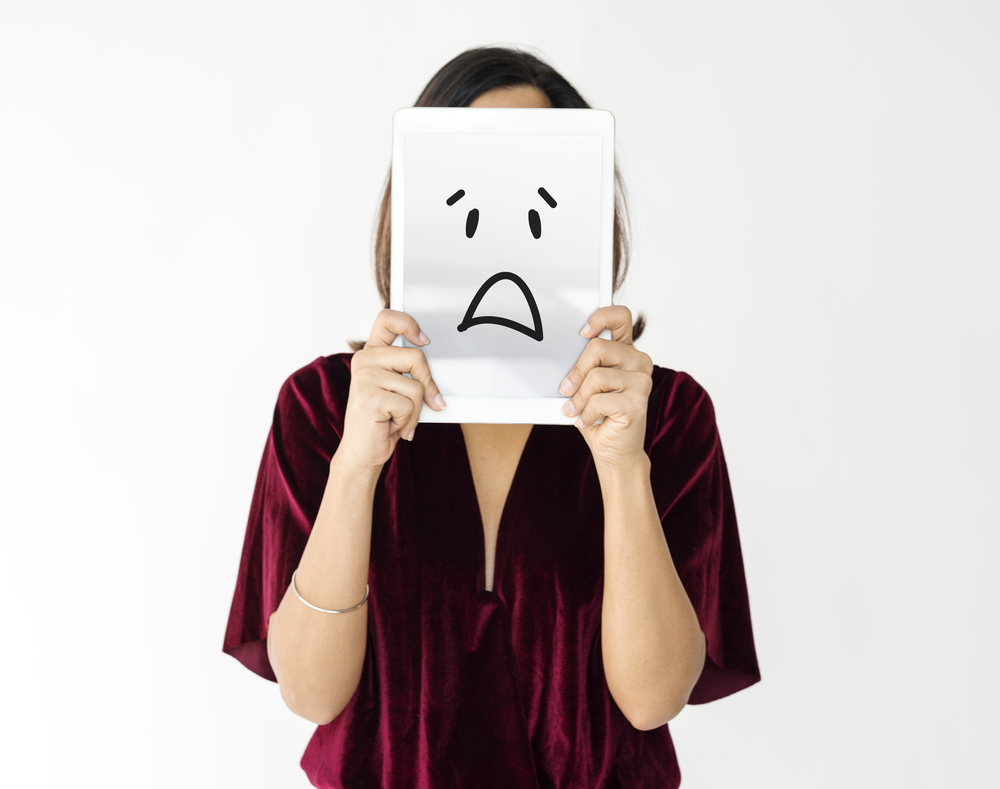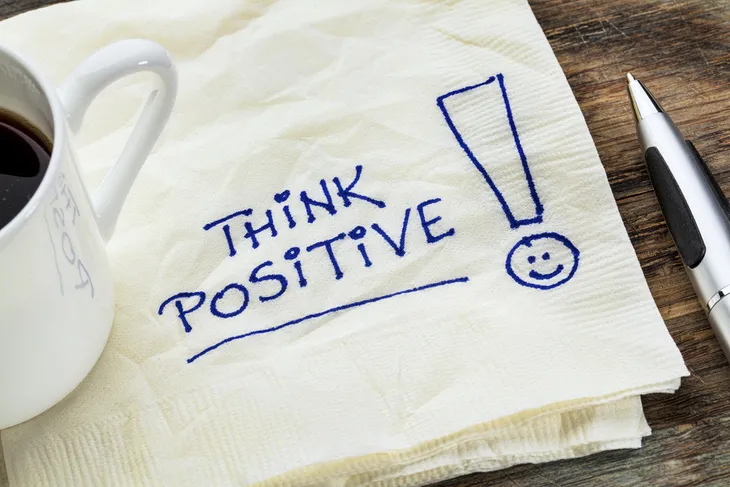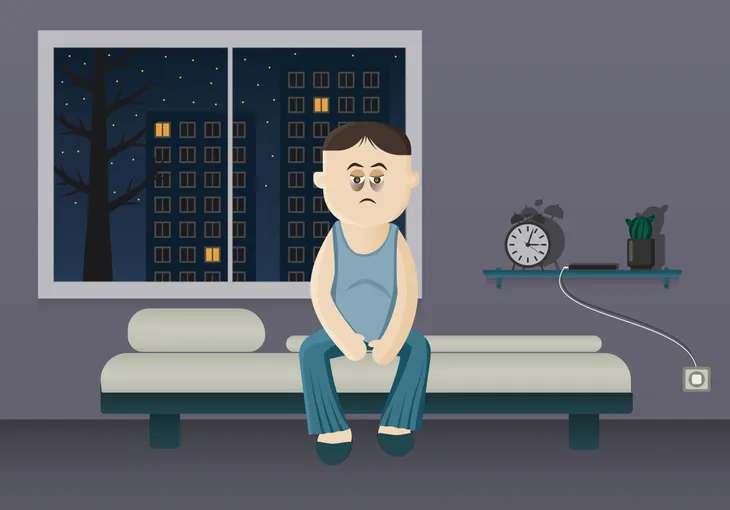Your immune health is threatened by more than just co-workers who come to work even though they have the flu. It turns out that these surprising and common habits can actually weaken your immune system.
Here are seven daily habits that hinder immune health…
1. Pessimists
Are you a glass half full or half empty type? If you’re in the latter group, you may be suffering the consequences in your immune system. Research from the University of California, Los Angeles, discovered that students who approached their first semesters positively, could depend on higher levels of T cells, which strengthen immunity, and less stress to get them through mid-terms vs. students who began school with a negative outlook.
2. Chronic Stress
We all know that ongoing stress isn’t healthy. However, chronic stress (the type that doesn’t let up) actually compromises your immune response, by lowering germ- and disease-fighting T cell levels. A famous 2004 meta-analysis from researchers at the University of Kentucky and the University of British Columbia, found that long-term stress (from a few months or years), virtually ravaged the immune system.
3. You Ignore Your Feelings
Do you tend to bottle up your emotions and bury them down, far down, instead of telling your spouse, your boss, or your friends how you really feel? You’re doing yourself a disservice, according to a University of California, Los Angeles, research team who found that letting it all out can actually be cathartic, and benefit your cardiovascular health and immune response (or white blood cell production). On the other hand, those who bottle emotions and opinions up, take up to 40-percent longer to recuperate from injuries and illnesses.
4. Social Hibernation
I can empathize with the feeling—after a long and stressful day at work you just want to forget all of your social engagements and bury your face in a book. However, a study from Carnegie Mellon University finds that those with fewer human connections are more likely to fall ill. The research revealed that social connection strengthen our immune system, by aiding recovering, and supporting emotional and physical well-being. While those who are prone to isolating themselves, suffer more physical and psychological health woes, and are less efficient overall at fighting off sickness.
5. You Medicate—For Everything
Do you hightail it to your family physician at the first sign of a sore throat? If you do, medical experts say that you’re actually creating drug resistance. This means that taking medications for every minor ailment eventually weakens your immune system so severely (by building resistant bacteria) that it becomes suppressed and unable to fight off more serious infections when you take antibiotics in the future.
6. You’re Sleep Deprived
You might swear that you get a lot done in the wee hours of the morning on very little sleep, but it turns out that skimping on zzzzzzz’s has a damaging effects on your immune health. A study from University of Chicago linked lack of sleep with the body’s inability to fight germs. For instance, males who got 4-hours of shuteye per night or less produced 50-percent less flu-fighting antibodies vs. males who got at least 71/2 hours of sleep.
7. Killer Commuter
If you’re an individual who drives to work, to do errands, and virtually everywhere else you need to go, you’re setting the stage for sickness. According to Doctor Keith Berntson who co-authored, The Immune Advantage, roughly 50-million Americans suffer from high blood pressure, 8-million with type 2 diabetes, and 13.5 million with coronary heart disease simply because they refrain from aerobic exercise (i.e., walking, running, cycling, or swimming), which aids immune function.










